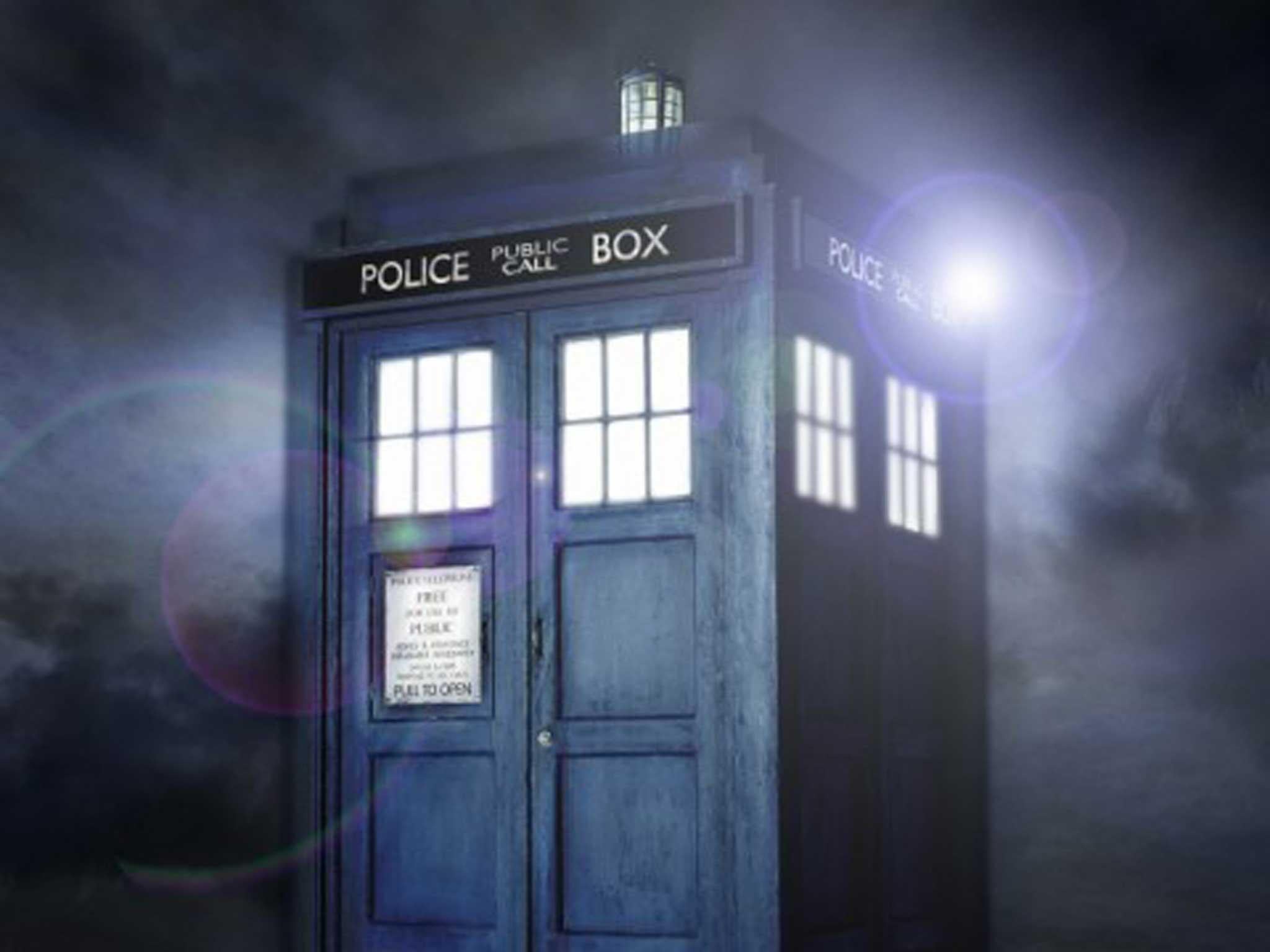Scientists say time travel is possible and explain how in new study
Huge forces could be used to 'bend time into a circle'

Time travel is theoretically possible, scientists have said.
There is no mathematical reason why a time travel machine could not be able to disrupt the spacetime continuum enough to go backwards in time, they suggested.
The study, published in the journal Classical and Quantum Gravity, is titled “Traversable acausal retrograde domains in spacetime”, which spells TARDIS – the name of Doctor Who’s famous police box time machine.
In the paper, mathematicians from the University of British Columbia and the University of Maryland proposed a mathematical model for a viable time machine.
“In this paper we present geometry which has been designed to fit a layperson's description of a ‘time machine’”, they wrote.
“It is a box which allows those within it to travel backwards and forwards through time and space, as interpreted by an external observer.”
One of the researchers, Ben Tippett, said: “People think of time travel as something fictional and we tend to think it’s not possible because we don’t actually do it. But, mathematically, it is possible.”
Any time travel machine would probably need to be able to warp spacetime – the connection between time and physical dimensions such as width, depth and height.
Evidence suggests that huge gravitational forces, such as those emitted by black holes, can slow down time.
The scientists’ model is based on similar idea: that a strong force could disrupt spacetime and “bend time into a circle for passengers”, which would, in theory at least, mean people could travel faster than the speed of light and therefore go back in time.
While building a time machine may be theoretically possible, however, the researchers said it was unlikely that anyone would ever be able to achieve it.
“While is it mathematically feasible, it is not yet possible to build a space-time machine because we need materials—which we call exotic matter—to bend space-time in these impossible ways, but they have yet to be discovered,” Mr Tippett said.
Join our commenting forum
Join thought-provoking conversations, follow other Independent readers and see their replies
Comments
Bookmark popover
Removed from bookmarks